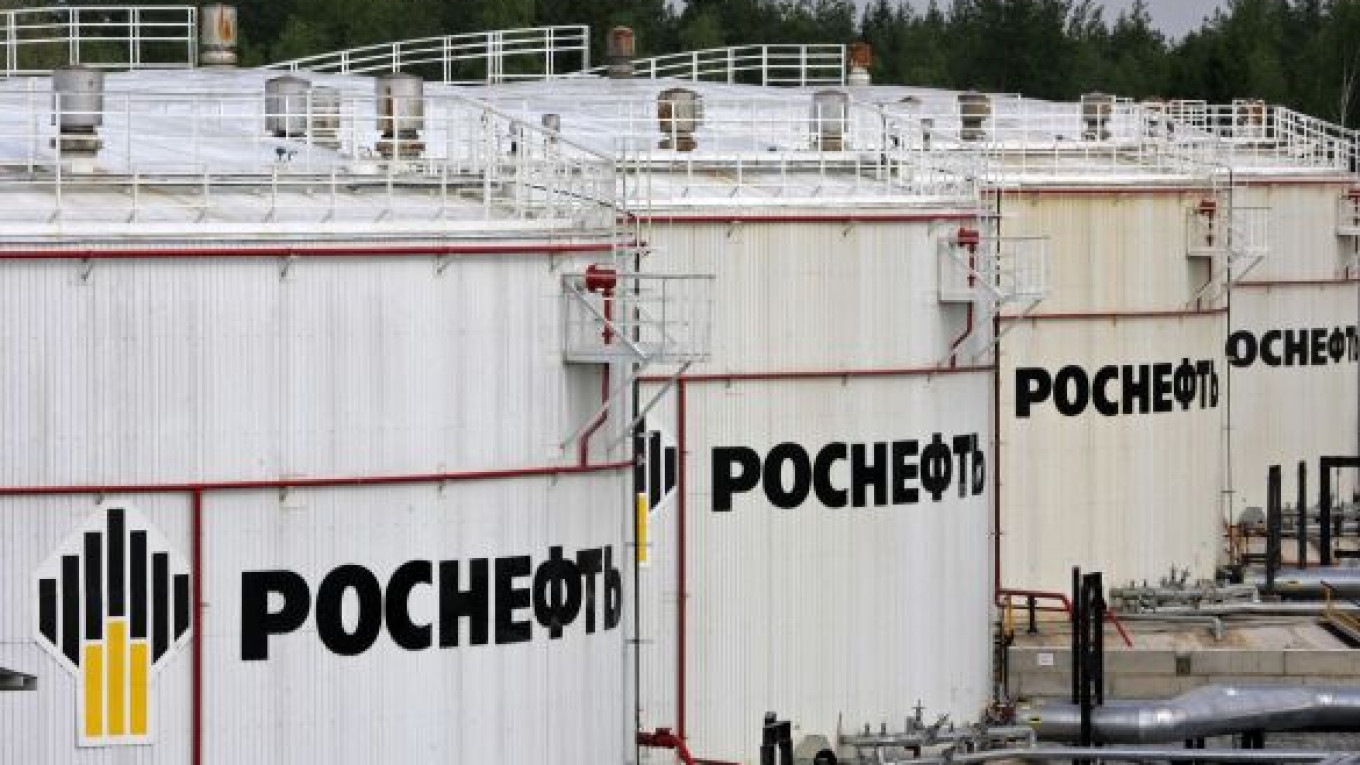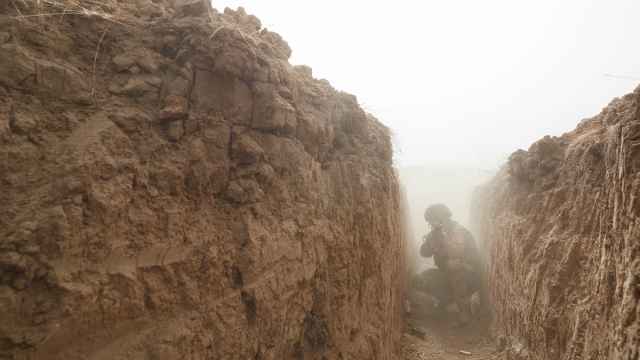The collapse of BP's alliance with Rosneft brings one of the world's largest untapped drilling opportunities back on the market.
Royal Dutch Shell, ExxonMobil and Chevron are potential candidates should Rosneft look for a new partner to explore the Kara Sea in Russia's Arctic, a person with knowledge of the company's plans said, declining to be named because the matter is private. Rosneft will start talks with replacements immediately, another person said Tuesday.
BP's four-month battle to salvage the Rosneft deal, which included a $7.8 billion share swap, was driven by the chance to unlock as much as 15 billion barrels of oil, equal to more than five years of U.S. crude production. The biggest oil companies are competing for a diminishing number of drill sites as foreign governments deny access to resources and existing fields are depleted.
"It isn't difficult to find partners for the Arctic," said Troika Dialog oil industry analyst Valery Nesterov. "There is competition."
Rosneft received new proposals during talks with BP and its Russian billionaire partners that went "beyond the scope" of the earlier agreement. They make it possible to continue discussions on "further cooperation beyond the framework of the expired agreements," Rosneft said Wednesday in a statement.
"There are contacts between BP and Rosneft, but we aren't going into any specific details," said Robert Wine, a London-based spokesman for BP.
Rosneft would probably favor U.S. and European companies over Asian peers because of their experience in offshore drilling and superior technology and personnel, said Brian Gallagher, an analyst at Dolmen Securities in Dublin.
"It has to be a supermajor because you have to bring a certain amount of political clout," he said. "You need to have enough capital to operate in these waters, and not that many companies have the experience."
Shell chief executive Peter Voser said Tuesday that his company, which already has projects with Gazprom, is interested in expanding in Russia. He declined to comment specifically on the Kara Sea.
Exxon and Chevron have both reached offshore deals with Rosneft in the past year. Exxon agreed Jan. 27 to explore the deepwater Tuapse Trough in the Black Sea, where Chevron signed an accord last year for a separate area.
"Chevron continues to work with Rosneft on opportunities to collaborate in business ventures," Kurt Glaubitz, a spokesman for the San Ramon, California-based company, said in a telephone interview. Glaubitz declined to specify what prospects, assets or locations within Russia are under discussion.
Patrick McGinn, an ExxonMobil spokesman, sent an e-mailed statement declining to comment on commercial matters.
BP and Rosneft had agreed to explore 125,000 square kilometers of the Kara Sea, north from Russia's largest developed fields in West Siberia. The area may have as much as 50 billion barrels of oil in place, of which 12 billion to 15 billion barrels is recoverable, a person with knowledge of the matter said in January when the BP deal was signed.
A Message from The Moscow Times:
Dear readers,
We are facing unprecedented challenges. Russia's Prosecutor General's Office has designated The Moscow Times as an "undesirable" organization, criminalizing our work and putting our staff at risk of prosecution. This follows our earlier unjust labeling as a "foreign agent."
These actions are direct attempts to silence independent journalism in Russia. The authorities claim our work "discredits the decisions of the Russian leadership." We see things differently: we strive to provide accurate, unbiased reporting on Russia.
We, the journalists of The Moscow Times, refuse to be silenced. But to continue our work, we need your help.
Your support, no matter how small, makes a world of difference. If you can, please support us monthly starting from just $2. It's quick to set up, and every contribution makes a significant impact.
By supporting The Moscow Times, you're defending open, independent journalism in the face of repression. Thank you for standing with us.
Remind me later.






